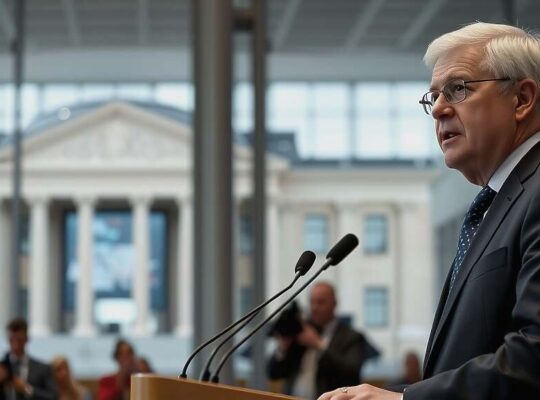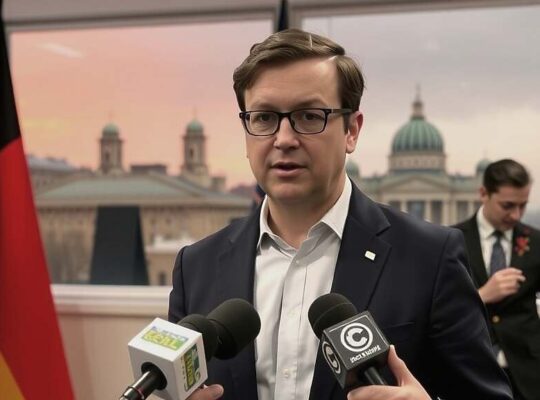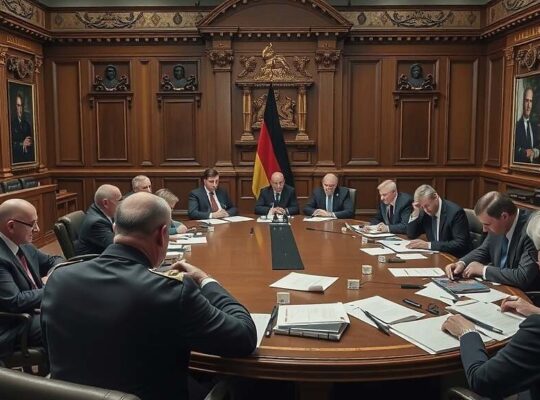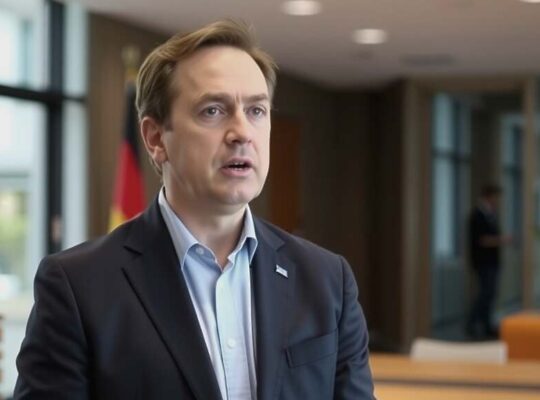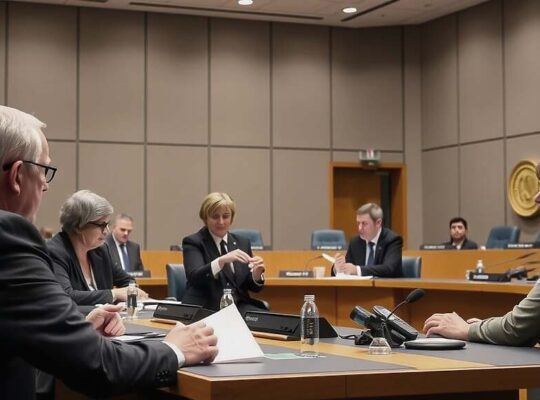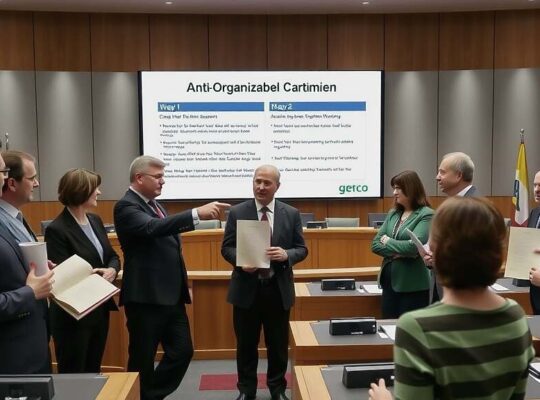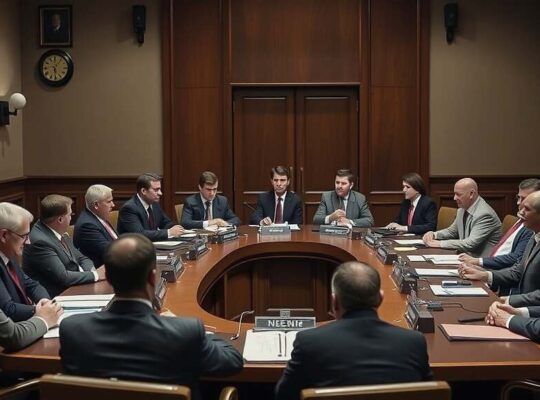The controversy surrounding Culture Minister Wolfgang Weimer and his prior involvement with the Weimer Media Group is generating concern over potential repercussions for vital dialogue between political and economic spheres, according to the German Taxpayers’ Association. Michael Jäger, the association’s vice president, warned against broad skepticism towards events like the Ludwig Erhard Summit, a forum known for facilitating crucial exchanges between policymakers, businesses and non-governmental organizations. Jäger emphasized the importance of maintaining this interaction, arguing that it “grounds” policy decisions.
Jäger defended the summit’s value, citing the “diversity of speakers” as a key factor and expressed hope for transparency in the ongoing investigation. Regarding the Bavarian state’s financial support for the Ludwig Erhard Summit, he adopted a cautious stance, citing a lack of sufficient information.
However, the situation is drawing sharper criticism from watchdog organization LobbyControl, which has accused CDU leader Friedrich Merz of negligence in the appointment of Weimer. LobbyControl spokesperson Timo Lange questioned the wisdom of appointing a media entrepreneur to such a pivotal role in German media policy, particularly given the predictable potential for conflicts of interest.
Lange highlighted the inadequacy of the government’s explanation that Weimer had completely divested from his media group, specifically pointing to the undisclosed continuation of a silent stake. He argued that this detail undermined attempts to quell concerns about vested interests and suggested that the government’s strategy was ill-conceived and likely to exacerbate the perception of impropriety. The incident now raises serious questions about the government’s due diligence in appointments and its commitment to upholding the integrity of public office, prompting calls for greater scrutiny of potential conflicts of interest within the political landscape.



